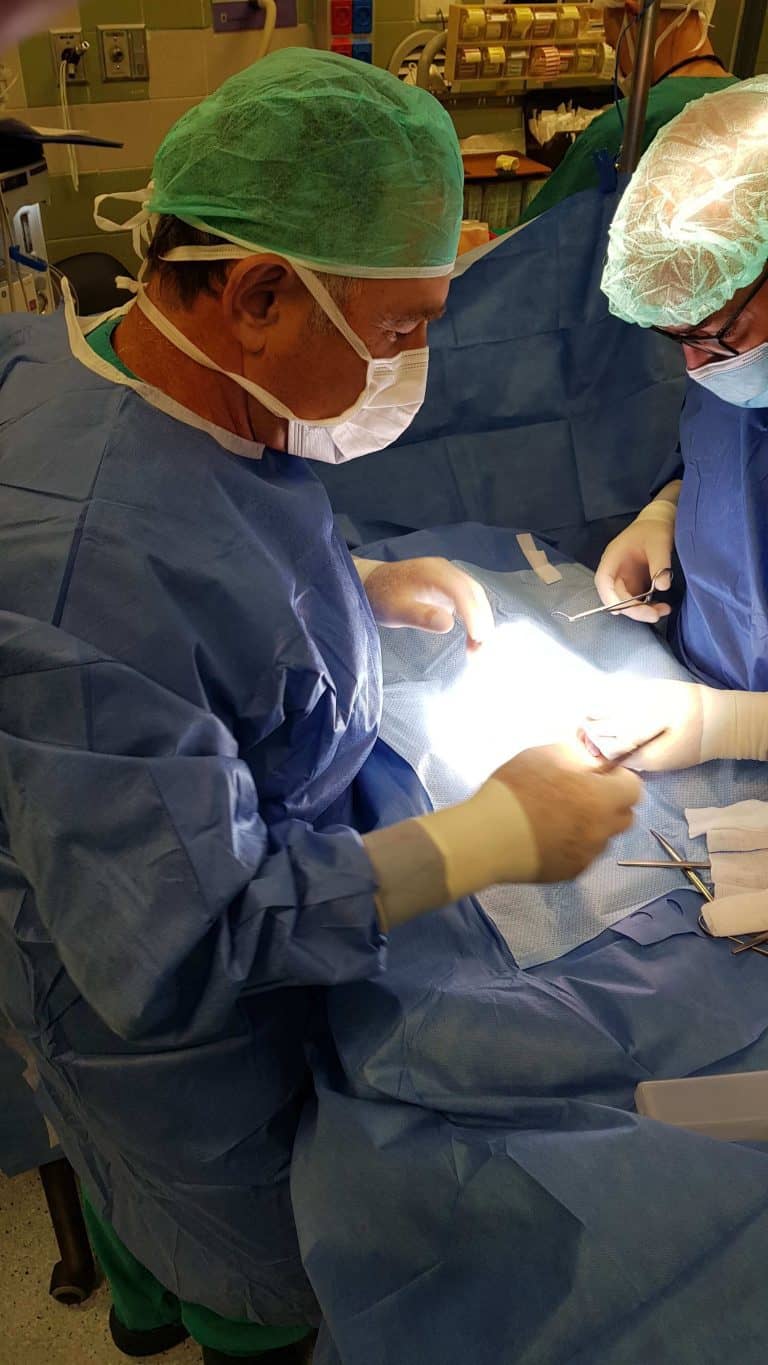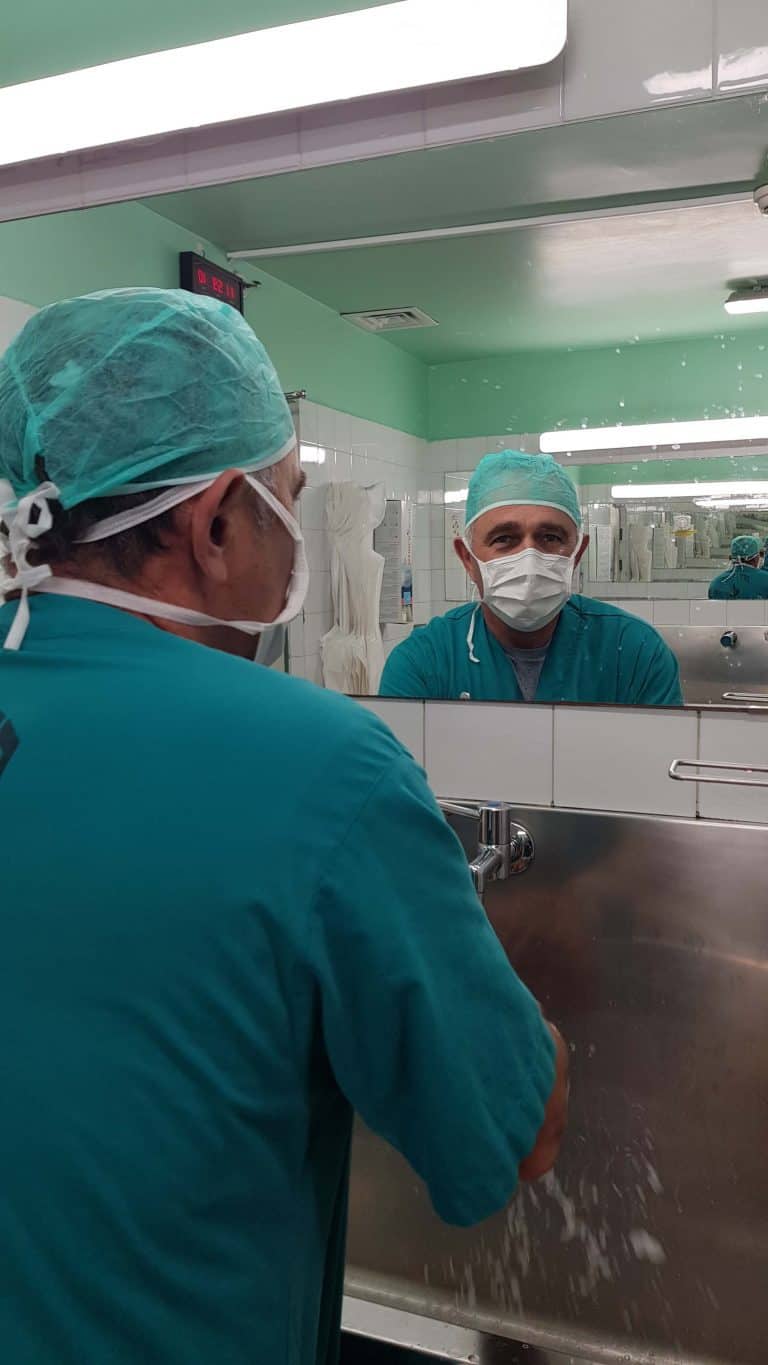Dr. Keidar Sergei Senior Pediatric Surgeon Head of the Pediatric Surgery Department at Edith Wolfson Hospital.


Gastric sleeve surgery is suitable for children who suffer from morbid obesity (BMI 40 and above) or obesity (BMI 35 and above) with concomitant diseases, hypertension, diabetes, hyperlipidemia and sleep apnea.
. The value of the BMI (body mass index) is calculated according to a fixed formula: the distribution of weight (in kilograms) in height (in meters) raised by a square. For example, a child who weighs 80 kg and is 1.50 tall will have a BMI of 35. The higher the BMI, the more severe the obesity.
Sometimes the “usual” weight loss treatments are ineffective and bariatric surgery should be considered to avoid symptoms such as: fatty liver, increased intracranial pressure, orthopedic diseases and depression.
Morbid Obesity is considered a disease that involves the development of severe medical and mental problems. Morbid obesity causes an increase in the incidence of diabetes, heart disease, stroke, fertility problems and more. The chance of these diseases increases the more severe and prolonged obesity it is better to minimize the damage and early treatment is recommended.
Sleeve surgery is usually done over the age of ten, however if there are comorbidities it can also be operated on at a younger age. It is important to emphasize that according to studies, bariatric surgery does not impair growth and may even improve as weight loss reduces the strain on the joints and bones and reduces breathing and diabetes problems.

The weight loss after gastric bypass surgery and the reduction in the amount of food due to the significant decrease in the feeling of hunger and following the decrease in the level of the hormone ghrelin the hormone responsible for the feeling of hunger. Those who have undergone the surgery tell us that the feeling of hunger does not exist so the patients are assisted by treatment methods that include a low-calorie diet, supplements, sports and behavioral changes.
The weight loss in the first weeks is very fast and the rate of loss becomes slower towards the end of the process. The aspiration that our patients will have a BMI corresponding to being overweight (BMI between 25 and 30). They are not supposed to be really thin after surgery.
In conclusion
The surgery is not suitable for everyone and is suitable for those who eat large amounts at every meal.
For those who feel hungry all the time and have not been able to lose weight with the usual methods and are willing to make a lifestyle change.
Eat regular and regular meals Commit to regular exercise and ready to take postoperative vitamins Ready and committed family involvement to postoperative involvement in a healthy diet with follow-up and emotional support that is essential to maintaining the process to maintain weight after weight loss.
Bariatric surgery in children and adolescents is a process accompanied by a bariatric dietitian, psychologist, and endocrinologist and of course the pediatric surgeon who guides the young patient on the surgery and the proper conduct that follows.
Do you have a question? Want to contact Dr. Sergei Keidar? Please send a message in the following form and we will get back to you soon!